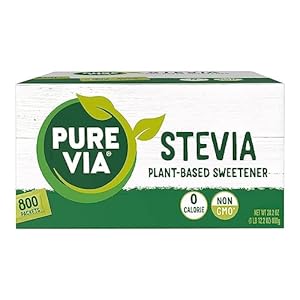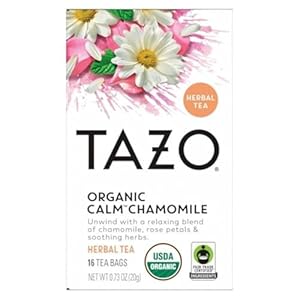When it comes to preparing local Ghanaian dishes, food safety is crucial. You need to start with proper handwashing and avoid cross-contamination by using separate cutting boards. Ensuring that proteins are cooked to the right temperatures will keep harmful pathogens at bay. But there’s more to consider, like storage techniques and cleaning practices. Understanding these elements can make all the difference in your cooking experience. What’s the next step to ensure your meals are both delicious and safe?
Understanding Food Safety Basics
When you’re preparing Ghanaian dishes, understanding food safety basics is crucial to ensure your meals aren’t only delicious but also safe to eat.
Start by washing your hands thoroughly before handling any ingredients. This simple step prevents the spread of bacteria.
Always separate raw meats from other foods to avoid cross-contamination; use separate cutting boards for meat and vegetables.
Ensure that all ingredients, especially fish and meats, are cooked to the right temperatures to kill harmful pathogens.
Keep an eye on expiration dates and freshness when selecting your ingredients.
Finally, be mindful of any allergies that you or your guests might have.
Following these guidelines will help you enjoy cooking and serving authentic Ghanaian meals without worrying about foodborne illnesses.
Proper Storage Techniques for Ingredients
To ensure your ingredients stay fresh and flavorful, it’s essential to use proper storage techniques.
First, keep perishables like fruits and vegetables in the refrigerator to slow down spoilage. Use airtight containers for grains, legumes, and spices to maintain their quality and protect them from moisture.
Label containers with the purchase date to track freshness. For oils and sauces, store them in a cool, dark place to prevent rancidity.
If you buy in bulk, consider freezing excess ingredients like meats or fish to extend their shelf life.
Remember, proper organization in your pantry and fridge can help you easily access what you need while minimizing waste.
With these techniques, your ingredients will stay vibrant and ready for delicious Ghanaian dishes.
Safe Cooking Practices for Ghanaian Dishes
Cooking Ghanaian dishes safely is crucial to preserving both flavor and health. Start by washing your hands thoroughly before handling any ingredients.
Use separate cutting boards for meats and vegetables to prevent cross-contamination. When cooking proteins like chicken or fish, ensure they’re cooked to the right internal temperature—this helps eliminate harmful bacteria.
For stews and soups, bring them to a rolling boil and let them simmer long enough to cook through. Stir frequently to avoid burning and ensure even cooking.
Always taste your dishes as you go, but avoid double-dipping utensils.
Lastly, remember to keep your cooking area organized and avoid clutter. Following these practices will help you create delicious Ghanaian meals while keeping everyone safe.
Cleaning and Sanitizing Your Cooking Environment
Maintaining a clean cooking environment is just as important as following safe cooking practices. Start by washing your hands thoroughly before handling any food.
Clear your countertops of clutter and wipe them down with a mixture of hot water and soap. Don’t forget to sanitize cutting boards, utensils, and dishes after use—especially if they’ve come into contact with raw meats. Use a solution of one tablespoon of unscented liquid chlorine bleach per gallon of water for effective sanitization.
Regularly clean your kitchen appliances, too, to prevent cross-contamination. Lastly, keep trash bins covered and empty them frequently to avoid attracting pests.
A clean space not only helps keep your food safe but also enhances your cooking experience.
Conclusion
By following these food safety guidelines, you can confidently prepare delicious local Ghanaian dishes without compromising your health. Always wash your hands, use separate cutting boards, and ensure proper cooking temperatures for proteins. Don’t forget to store perishables correctly and maintain a clean kitchen environment. With these practices in place, you can enjoy the rich flavors of Ghanaian cuisine while keeping yourself and your loved ones safe. Happy cooking!
Trending Products
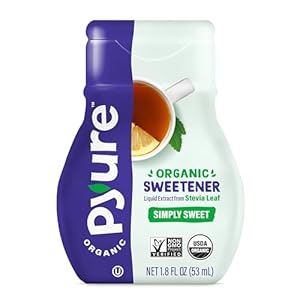
Pyure Organic Stevia Liquid Sweetener Keto Sugar Substitutes, Zero Calorie, Zero Sugar, Zero Carb, Plant-Based Sugar Free Liquid Stevia Extract, Simply Sweet, 1.8 oz
$4.94 Buy product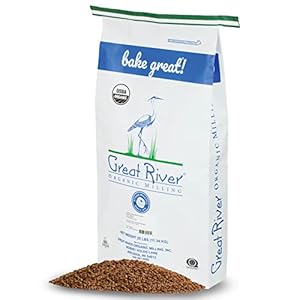
Great River Organic Milling Organic Whole Grain Hard Red Spring Wheat Berries | Hard Red Whole Wheat | High Protein & Gluten | Non-GMO & Kosher | Perfect For Bread, Salad, Pilaf, Bagels & More | 25 Lb (Pack of 1)
Original price was: $52.20.$45.26Current price is: $45.26. Buy product
Goldfish Crackers Big Smiles Variety Pack with Cheddar, Colors, and Pretzels, Snack Packs, 30 Ct
$12.86 Buy product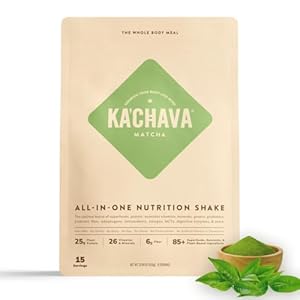
Ka’Chava All-In-One Nutrition Shake Blend, Matcha, 15 Servings, 85+ Superfoods & Nutrients, Meal Replacement, Greens Plant-Based Superfood Powder Protein Drink, Digestive Enzymes & Probiotics, Vegan Dairy Gluten Free
$79.99 Buy product
365 by Whole Foods Market, Cookie Animal Whole Grain Honey Cinnamon Organic, 11 Ounce
$5.49 Buy product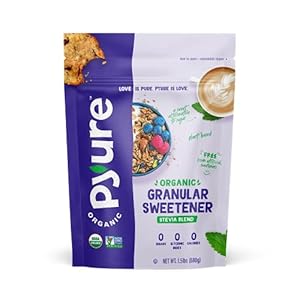
Pyure Organic Stevia Blend Granulated All-Purpose – White Sugar Substitute, Zero Carb, Zero Sugar, Zero Calorie, Plant-Based Stevia Sweetener for Keto Friendly Food, 1.5 lb (24 oz)
Original price was: $15.48.$11.61Current price is: $11.61. Buy product




